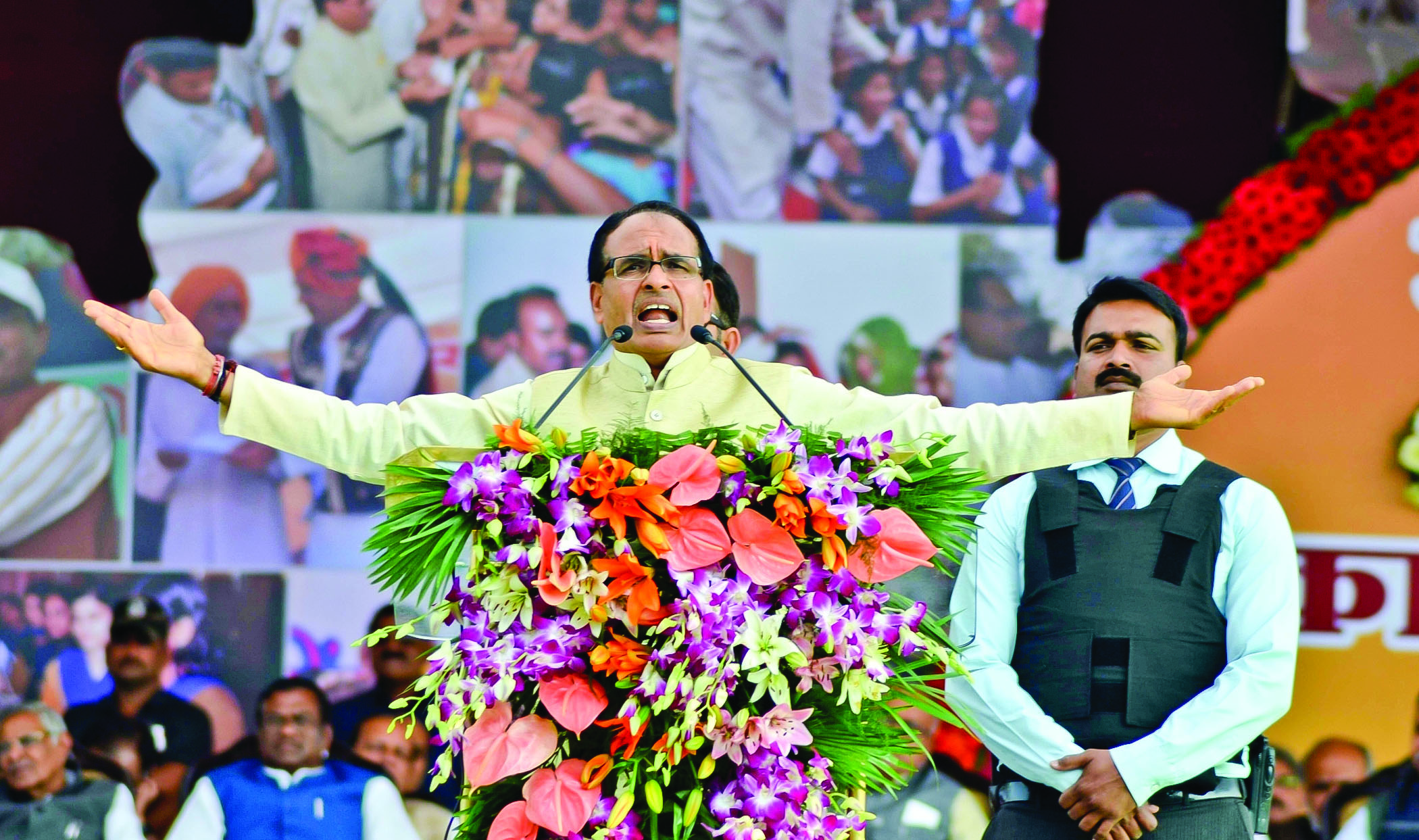For a long time, the dynamic Madhya Pradesh government headed by Chief Minister Shivraj Singh Chouhan has been making a conscious effort to provide a framework for good governance by identifying its essential features and shortcomings in its working and emphasising on the need for innovative approaches. No theory of governance could be intelligible unless it is seen in the context of its time. India’s democratic experience of the past six decades has clearly established that good governance must aim at expansion of social opportunities and removal of poverty. Good governance means securing justice, empowerment, employment and efficient delivery of services. Most importantly, innovative approach towards framing of policies and implementing them at the ground level does play a vital role in bringing forth the best potential of the government and its people.
Good Governance
Good governance helps create an environment in which sustained economic growth becomes achievable. Conditions of good governance allow citizens to maximise their returns on investment.
Good governance does not occur by chance. It must be demanded by citizens and nourished explicitly and consciously by the nation state. It is, therefore, necessary that citizens are allowed to participate freely, openly and fully in the political process.
Innovating new policy frameworks and consciously executing them at the ground level is what yields better results. The citizens must have the right to compete for office, form political party and enjoy fundamental rights and civil liberty. Good governance is accordingly associated with accountable political leadership, enlightened policy-making and a civil service imbued with a professional ethos. The presence of a strong civil society, including a free press and independent judiciary, are pre-conditions for good governance.
Securing Justice
There are several inter-related aspects of securing justice including security of life and property, access to justice, and rule of law.
The most important public good is the supply of security, especially security of life and property.
Rule of Law
The concept of good governance is undoubtedly linked with the citizens’ right of life, liberty and pursuit of happiness. This concept can be secured in a democracy only through the application of the rule of law.
Empowerment
An empowering approach to poverty reduction needs to be based on the conviction that poor people have to be both the object of development programmes and principal agency for development.
Employment
The generation of gainful employment for the youth is the most challenging task facing India’s political economy. India’s working age population is over 50%. This share will continue to rise and reach 60% in 2050. A fast-growing working population will ensure more workers, more saving and hence more investment.
Delivery of Services
The principal feature of the scheme of effective delivery of services needs to be seen in the context of the fact that demands have to flow from the bottom up and not top down. It is true that both the Government of India and the state governments have been allocating a fairly good size of public funds to health and education.
Capacity Building
Capacity building at all levels of an organisation is widely perceived as the most important approach to achieveing quality of services and customers’ satisfaction. In a federal democracy, decentralisation of power is viewed as necessary to empowering people in the rural and urban areas to improve their lot. The empowerment of the local levels of administration would foster confidence and enable more individuals even outside the bureaucracy to come forward to handle community needs and enhance public good effectively without hesitancy or the need of approval by higher level authorities.
Exemplary governance
The Madhya Pradesh government, under the able leadership of Chief Minister Shivraj Singh Chouhan, has been lauded by one and all for excellent delivery across all these parameters. The state and the Chief Minister himself have won many awards for good work across departments. And most importantly, innovation has been at the centre of all these achievements. Whether managing mega events like Simhastha Kumbh or a river rejuvenation project like the Narmada Sewa Yatra, the Madhya Pradesh government has displayed a high level of innovative thinking and ideating, combined with excellent execution.
Collaborative Solutions
The Madhya Pradesh government has been creating collaborative solutions, on the lines of Prime Minister Narendra Modi’s message “Sabka Saath, Sabka Vikas”, to exlore new methods of working across traditional jurisdictions and sectors to identify, understand, and address emerging social problems.
The state government has made conscious efforts to involve the public at large and tried to share the accountability. An idea like creation of the Department of Happiness is an example of the capacity of the Chief Minister to think beyond the ordinary. This is one of the reasons why Shivraj Singh Chouhan is one of the most respected chief ministers in the country.

